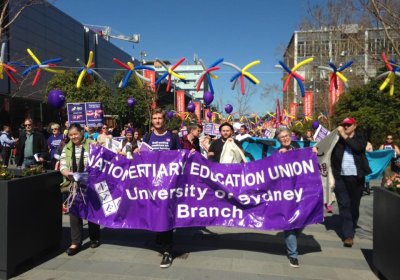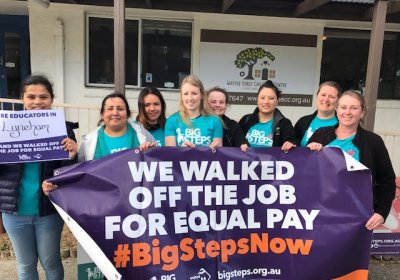The Victorian Socialists released this statement on the Batman byelection on March 18.
* * *
The Labor Party has managed to retain the seat of Batman, by offering a progressive and competent candidate in Ged Kearney, after years of imposing the right-wing powerbroker David Feeney on the electorate, as part of factional deals.











